 As a multi-sport athlete growing up in Memphis, Fred Valentine always found a field or court to play on. But while Mr. Valentine, who was born in Mississippi, juggled sports, he paid as much or more attention to his academics. After graduating from Booker T. Washington High School in Memphis, Mr. Valentine became a two-sport star at Tennessee A&I (now Tennessee State University), with his quarterback play on the football team earning him more national attention than baseball. He teamed with George Altman on the baseball club before turning pro in the sport.
As a multi-sport athlete growing up in Memphis, Fred Valentine always found a field or court to play on. But while Mr. Valentine, who was born in Mississippi, juggled sports, he paid as much or more attention to his academics. After graduating from Booker T. Washington High School in Memphis, Mr. Valentine became a two-sport star at Tennessee A&I (now Tennessee State University), with his quarterback play on the football team earning him more national attention than baseball. He teamed with George Altman on the baseball club before turning pro in the sport.
After his seven-year MLB career with the Baltimore Orioles and Washington Senators from 1959 to 1968, Mr. Valentine entered the corporate world and went back to school earn his master’s degree at George Washington University and his law degree from what is now the University of the District of Columbia.
Black College Nines feature writer Douglas Malan recently caught up with Mr. Valentine, who makes his home in the Washington, D.C., area.
How did you get into sports as a kid?
I grew up in Memphis and I really got involved in organized sports in the eighth grade, going into high school. I got on the boxing team and ended up boxing paperweight – that’s what they called it. We weighed 100 pounds. Seemed like at that age the gloves weighed more than the kids! And we had headgear on and everything else. It was a good experience. I ended up boxing in eighth grade and I won my bout in a big auditorium there in Memphis. And they wanted to know if I was still gonna box and I said I don’t know. (laughing) Because after that first fight, I woke up and my eyes were swollen, I was sore, even though I won. The coaches at the high school wanted to know more about my athletic abilities and I told them I played community baseball, community basketball, touch football, we played everything. We had eight big, strong black high schools in Memphis and a lot of good athletes coming out of there.
They encouraged me to come out for the baseball team in high school. And I attempted to go out for the football team, but I was underweight, about 115 or 120 pounds. They told me I better go back and put on some more weight. And sure enough, I went in and got on the baseball team and that was just God’s gift right there. I got on the baseball team as a freshman. Got on the basketball team. Never made the varsity but played junior varsity. Then because of that, I went out to practice with the track team because I was gifted with speed I didn’t even know I had. And sure enough, that worked out fine.
So my sophomore year, I put on a few more pounds. The baseball coach happened to be a football coach. And lo and behold, he said, “Why don’t you just come out for the football team?” And I said, “I did! You told me I was too small.” But I had put on a few more pounds and he realized I had a good, strong arm. He encouraged me to go out for quarterback because I could run and I could throw and he thought I could fill in and play on the third team. Sure enough, I tried out and made the practice squad. We were halfway through the season and I was able to run the ball, throw the ball and everything else and the coach could see that. I was ambidextrous and I didn’t even know. They had designed some plays where you flip the ball out with your right hand and your left hand. The other quarterback had a problem doing it, but I didn’t have a problem so I won that part of the competition.
I ended up starting my junior year, first-string quarterback. I was still playing baseball. I was still playing football. And I was running track. The amazing thing about the track team, we had two guys and the best runner was named McGee. He was running the 100 in 9.7 and 9.8 and they’d compete with each other. And I was running sometimes a 9.9 and averaged about a 10. And I thought I was slow! (laughing) I was compared to them! And it didn’t bother me. I just thought well, they’re faster than I am. I didn’t realize how much speed I had ‘til I got off to college.
You played a lot of baseball growing up and all through high school. When did people outside Memphis start to notice you?
My senior year, that’s when the scouts started coming around. I wanted to go to college and I had gotten on a sandlot baseball team there in Memphis. They didn’t have any leagues set up for blacks in Memphis during that time. They saw me playing in high school and they encouraged me to join up with them. Now, these are men. Every weekend they would play a team on a big lot somewhere and they would bet. It was nothing professional, but they’d all get together and put up money for a pot. What you put in is what you get out. If you don’t win, you don’t get nothing out. They wouldn’t let me put anything in the pot. They said if we won, I’d get a hot dog or a hamburger or this that and the other.
I got with them and was doing well. We were up into the season and the scouts came around just observing sandlot baseball. A scout from St. Louis, I never will forget it, a black scout came there and picked me out to go to a tryout camp in Memphis. I was a senior in high school at that time. I didn’t know what a tryout camp was. We were just playing our little organized ball and that was it.
What was tryout camp like?
At tryout camp, in July or August, it was 150 guys who showed up. I was first in the running and ran in the 60 in 4-something. I didn’t know if that was good or bad. Throwing-wise, they had everyone line up in center field and throw it to second base and then to home plate. That eliminated a whole lot of them. I had no problem and threw the ball all the way home in the air. With the arm strength, they wanted me to see about pitching. I said, “I’ve never pitched” and they said, “Don’t worry about it. You can’t walk anybody. You throw four balls, you’re gonna start over again.” And I was switch hitting growing up and didn’t know the advantages of it. I’d just go to the other side and hit all kind of balls.
They said to report back to St. Louis and work out with their big club. I told my dad and mom about it and they were excited. And I told the guys I played with and they were all excited I was gonna get that opportunity to work out with the big club. It was the weekend and St. Louis was home. I went up on Thursday and worked out with the team on Friday, Saturday and prior to the game Sunday. They were really impressed with my abilities, being in high school.
What kind of deal did they offer?
They came to me and said they wanted to offer me a contract on their B-level farm team with a bonus of $500. I said, “Well, it sounds good, but how about you do this? I’ll be glad to sign your contract and go to B ball but you keep the $500 and just offer me a four-year guarantee so I can get four years of college.”
Sure enough, that blew their mind. They said, “We’ve never heard of anything like that.” And I said, “You may not have heard of it, but you don’t hear of any Negroes getting big bonuses to pay for their college in the event they need to do that.” The white guys are getting all this money…now, this was ’54, ’53. I said, “We normally don’t get the big bonus. You keep the bonus you’re gonna give me and guarantee me four years of college.” They said they’d have to talk about. And I said, “Well if you don’t, I have four years of football scholarships to black colleges. I’m going to college. And if I don’t go in baseball, I’ll go in football.”
They told me if I go out there in football, I might get hurt and not get to play baseball. And I told them I might get hurt in baseball and if I do, they’ll just let me go and I’m out there on my own. With football, I have four years of guaranteed scholarships. I’m gonna go to school.
I got on the plane to go back home. And before I got home, they had already called my dad, trying to convince him to convince me to accept the offer. He told them point blank that whatever I decide to do, he’s gonna go along with it.
The sad thing about it was it was this black scout and he was trying to promote himself by signing players out of Memphis. I couldn’t say I felt sorry for him because he was looking out for himself and I was looking out for myself. They called me and said they could increase the bonus they were going to give me, but they couldn’t guarantee four years of college. And during that time in the black schools, college was only $1,000 a year for everything! So I turned down the offer and took the scholarship. I had four offers from black colleges – Kentucky State, Alabama State, Tennessee State and Knoxville – and I told them I’m gonna take one of them for football and continue playing baseball. I accepted the offer from Tennessee State, as a quarterback.
You arrive in Nashville ready to start a new phase of life.
When I got there, they had already scouted me and knew I had played baseball in high school. The quarterback coach at college turned out to be the baseball coach – Raymond Whitman – so that fell right in. God is good and sure enough it worked out.
I got there and I still only weighed about 160 pounds. I got there for early arrival and the players thought I was the trainer. I had to tell them who I was and where I was coming from.
They had a junior and senior quarterback at the time I got there, so I was designated to go to the practice squad. I was always on the team that practiced as the team they were gonna play that week. We had some good freshman and we gave them a hard time. We’d go out and have fun.
What was your first football game like with Tennessee State?
 We opened up the season in Memphis and played Lincoln University of Missouri. You may remember the coach at Tennessee State at that time named (Henry) Kean. He was one of the top black coaches at that time. And Lincoln University, you might remember the name Leo Lewis. He was one of the top running backs in black colleges. We opened up the season every year with this team. They beat Tennessee State the year before, so Coach Kean was die-hard about putting up a good show and possibly winning the game. We go to Memphis and the senior quarterback started. Before the first quarter was over, he got hurt. Then the second-string quarterback had to be called in…Dave Smith from Washington, North Carolina, never will forget it. He threw one of the most beautiful spirals on the ball you ever could see. He didn’t get through the first quarterback because he was all shook up and he got hurt. And Coach Kean says, “What are we gonna do about a quarterback?” And (Howard) Gentry, he was pretty much second in line for coaches, said, “We have Valentine, the next quarterback in line.” And Coach Kean says, “Who is Valentine?” (laughing) Even the players were laughing about it. Coach Kean was only focused on the first and second strings. So Coach Gentry said, “He’s the one who’s been running our practice squad and beating up on us, so we just gotta go along with it.”
We opened up the season in Memphis and played Lincoln University of Missouri. You may remember the coach at Tennessee State at that time named (Henry) Kean. He was one of the top black coaches at that time. And Lincoln University, you might remember the name Leo Lewis. He was one of the top running backs in black colleges. We opened up the season every year with this team. They beat Tennessee State the year before, so Coach Kean was die-hard about putting up a good show and possibly winning the game. We go to Memphis and the senior quarterback started. Before the first quarter was over, he got hurt. Then the second-string quarterback had to be called in…Dave Smith from Washington, North Carolina, never will forget it. He threw one of the most beautiful spirals on the ball you ever could see. He didn’t get through the first quarterback because he was all shook up and he got hurt. And Coach Kean says, “What are we gonna do about a quarterback?” And (Howard) Gentry, he was pretty much second in line for coaches, said, “We have Valentine, the next quarterback in line.” And Coach Kean says, “Who is Valentine?” (laughing) Even the players were laughing about it. Coach Kean was only focused on the first and second strings. So Coach Gentry said, “He’s the one who’s been running our practice squad and beating up on us, so we just gotta go along with it.”
God was good. He put me in there and they told me just to do what I did in practices. I had Leon Jamison, he was one of the ends, and Lee Derrick, he was one of the backs, and Roy Kimble, he was another back. I said, “If you guys can just get open, I’ll get the ball to you.” There was no score when I came in and by halftime we were leading 21-6. Coach Kean couldn’t stay still! He said, “We still have a half to go and Leo Lewis is still out there! He’s gonna get him some touchdowns!” So that was the beginning of my whole shot.
I went back out in the beginning of the second half. The guys backed me 100% and, sure enough, we ended up beating Lincoln University something like 31-20. Leo Lewis, he got his two touchdowns. I ended up throwing about three touchdown passes and played defense as well as offense, and I ended up getting the most valuable player award for the whole game. Being at home, being a freshman, that kinda put the light on everything for me.
How about baseball games? Do any stand out from college?
 I remember during that time we had a big park there, Haines Park. It didn’t have any walls or anything. To hit a home run, you just hit one over their heads and keep running. They had the Negro Leagues and it was limited to how much playing you could get on the professional level. They set up barnstorming teams and they’d come around and see players to get with them. That was the way to get more experience and make a few extra bucks on the side. There were some great ballplayers in the Negro Leagues, just never got the opportunity to play. I didn’t realize how good they were until I became a professional myself.
I remember during that time we had a big park there, Haines Park. It didn’t have any walls or anything. To hit a home run, you just hit one over their heads and keep running. They had the Negro Leagues and it was limited to how much playing you could get on the professional level. They set up barnstorming teams and they’d come around and see players to get with them. That was the way to get more experience and make a few extra bucks on the side. There were some great ballplayers in the Negro Leagues, just never got the opportunity to play. I didn’t realize how good they were until I became a professional myself.
It was because of Coach Whitman that we were able to go as far as we went. Same thing today, baseball doesn’t bring in any money to the college. They just have to be supported by other sports. Somehow or another, we were able to have uniforms and travel. We traveled mostly by station wagon. That’s how it was all through the minor leagues, too, until you got to a certain level and started taking buses.
When you first start out, it’s just three or four station wagons. You just load up and go town to town and ride all night till the next day. But you’re young and it’s just the thrill of playing. You don’t think about being tired. We got a lot of our sleep in the station wagon and ate a lot of hamburgers. You’d get two-for-a-quarter hamburgers, you’d go in and get you a bag of those and a Pepsi and that was your meal.
You earned your degree in 3 ½ years after an All-American football career and great baseball career. What kind of options were out there for you in 1956?
The scouts were coming around knowing I was going to graduate and they wanted to know what I’m gonna do. I had been making All-American for black colleges and All-Star teams. Three offers for football came by for the NFL. The scouts said they wanted me to come in as a defensive back. I said, “Yeah, but I made All-American as a quarterback.” But they didn’t have black quarterbacks at that time in the NFL. They didn’t have black centers, they didn’t have black guards…these are all thinking positions. So they didn’t even go out to recruit them. I wasn’t interested in playing defensive back. And I didn’t think I had put as much time into football as I had baseball. My whole background was in baseball, so I let the baseball world know I was coming out.
St. Louis came back again with an offer and a tryout. And I had three more tryouts. Baltimore, who used to be the St. Louis Browns, had read the reports the Cardinals had on me and they wanted to make me an offer. Paul Richards, he was one of the big-time managers at that time, was impressed with my abilities. They gave me an offer right out of college for Triple A baseball. They gave me a salary of $900 a month, I think, and that was the best offer I could get. And the reason I went to Baltimore was because of Bob Boyd. He was a black first baseman. They called him The Rope because he always hit line drives, and he was also from Memphis and played for the Memphis Red Sox in the Negro Leagues. He remembered me playing in the area. When I went in to work out with Baltimore, he talked to Paul Richards about signing me.
You’re going through the minor leagues right out of college, playing in some rough, segregated towns in the Carolina League. But you have a wonderful story from the 1958 season in Wilson and helping break down the color barrier a little bit.
 That was kind of a big story from my career. In ’58 after spring training, I was supposed to go to Knoxville. But the team has signed a bonus baby and I got sent to Wilson, North Carolina. And I said, “Wilson. Where’s Wilson?” And they said, “You get on (U.S. Route) 301, stay on it and it’ll take you right there.” I got there, nice town with a beautiful stadium, but they didn’t have hotels for blacks there. They just had boarding rooms. It was three of us – pitcher, shortstop and myself. We drove from Florida up to Wilson and it took us all day and we got there at night. We were told to go to Cherry Hotel and they’d be expecting us. I didn’t know what to expect. I went in and there was a clerk sitting behind the desk. When I walked in, he had an idea who I was. Before I could even get to the desk to say anything, he said, “You must be Valentine. I’ve been expecting you.” I said, “Yeah, they told me to come to Cherry Hotel” and he said, “Yeah, but you’re not staying here. We have a place all set up for you.”
That was kind of a big story from my career. In ’58 after spring training, I was supposed to go to Knoxville. But the team has signed a bonus baby and I got sent to Wilson, North Carolina. And I said, “Wilson. Where’s Wilson?” And they said, “You get on (U.S. Route) 301, stay on it and it’ll take you right there.” I got there, nice town with a beautiful stadium, but they didn’t have hotels for blacks there. They just had boarding rooms. It was three of us – pitcher, shortstop and myself. We drove from Florida up to Wilson and it took us all day and we got there at night. We were told to go to Cherry Hotel and they’d be expecting us. I didn’t know what to expect. I went in and there was a clerk sitting behind the desk. When I walked in, he had an idea who I was. Before I could even get to the desk to say anything, he said, “You must be Valentine. I’ve been expecting you.” I said, “Yeah, they told me to come to Cherry Hotel” and he said, “Yeah, but you’re not staying here. We have a place all set up for you.”
There was a railroad track. One side was white and the other side was black. We got back in my car and followed this guy back across the track to the black area and we went where they had fixed up an apartment for us. This lady had an apartment and they had convinced her to house us. We went over there and she was waiting for us. It was a nice apartment – three bedrooms, furnished and everything. She told us to go up and check it out. We came back and said it was just fine. The next thing, what is it gonna cost us? This was 1958 and she said, “Well, how about $5 a week from each one of you? It’s yours, as long as you want to stay here.” So we took it.
I was fortunate to get off to a good start to the season and people were all excited. They had a (segregated seating) section there off the grandstand, nothing but bleachers. It didn’t even have a tarp on it for the bad weather. It was adequate up until that point.
We were getting ready for a game and I was out there warming up. People started coming in right after church, and in droves. Lo and behold, before we could finish our infield practice, there were so many that showed up, the little wooden stands came down. I saw all those people moving about, so I came in to see what was going on. The general manager came out and said, “Fred, we got a problem.”
And I said, “Yeah, I can see over there you got a big problem. One thing you can do, all these people are already in and paid, you can just let them go up in the big grandstand because you got plenty of room up there. All these people in this small town know each other. Just let them sit wherever they want to.”
He went back and told everyone they could sit wherever they want in the grandstands. They didn’t have one iota of problems. They all had a great time. And they decided not to rebuild that section that fell down. They opened the grandstand and never did say again that blacks couldn’t sit there. Everybody got along fine.
That wasn’t the case throughout the rest of the league, was it?
There were eight teams in that Carolina League. And there was a team from Greensboro, which is another place I had a big problem. It was prejudiced there. It was such an issue in that Carolina League, every city I went into. They’d come up with jokes and remarks, trying to get me off key, I guess. Greensboro, the worst thing happened where I was playing center field and we were out taking practice and I was chasing balls. From left centerfield to right centerfield, they had gathered some broomsticks, shaved the heads of them into like spears and had them stuck through the fence in the event I run back to the fence to catch a ball. During practice when I noticed this, I called security and the general manager of Greensboro was shocked. It was unbelievable. It could’ve been disastrous.
They had security stay out there in the outfield so nothing like that happened during the game. That general manager from Greensboro came to Wilson at the end of the season to present me with the most valuable player trophy and make a comment about how he felt about me accepting the league. He didn’t have to do that.
But I had a great experience in that league. Ended up marrying my wife (Helena), who’s from Wilson.
You ended up playing 12 games with Baltimore in 1959 and then spent several more years in the minors. You logged 26 games with the ’63 Orioles and it was time for a change of scenery.
 In 1963, I was traded over to Gil Hodges and Washington and I left Baltimore. I went from a division leader to the bottom. Washington was a team that was always in the cellar and they thought Gil Hodges would get them out. I was just so happy about playing on the team. Gil Hodges welcomed me and all he asked was 100% effort. We went on in 1964, we had a motto, “Off the floor in ’64.” (laughing) We were gonna get out the cellar! Everybody’s laughing and we said let’s stay with it. And sure enough, at the end of the season, we finished up in Boston. We beat Boston and we had champagne because we got out of the cellar.
In 1963, I was traded over to Gil Hodges and Washington and I left Baltimore. I went from a division leader to the bottom. Washington was a team that was always in the cellar and they thought Gil Hodges would get them out. I was just so happy about playing on the team. Gil Hodges welcomed me and all he asked was 100% effort. We went on in 1964, we had a motto, “Off the floor in ’64.” (laughing) We were gonna get out the cellar! Everybody’s laughing and we said let’s stay with it. And sure enough, at the end of the season, we finished up in Boston. We beat Boston and we had champagne because we got out of the cellar.
It was a joyful career, coming up from Memphis all the way to Washington. God was good. I was blessed. Naturally, in sports, you took advantage of the breaks you get. Some guys got hurt and I fell into that place. I was fortunate to meet a lot of people and work with a lot of people.
During all this time you’re playing different sports and even when you went pro, you stayed equally committed to your educational path.
That was always an interest I had – to get an education. Even after my first year signing pro, I went back to Tennessee State to start working on my master’s degree. I ended up going back to finish my master’s in human resources and went to (Antioch School of Law to) get another degree in the area I was working in – equal opportunity and affirmative action. That’s when it was really starting to come in. I just wanted to be updated in reference to what I could do and what I couldn’t do. It paid off. I was fortunate to be with what is now Clark Construction Group. I was VP of community relations when I retired after 35 years.
What do you like to do in your spare time?
 I’m still working with kids in different programs and clinics, talking not only about sports but life as a whole. A lot of the teachers really appreciate it. I belong to a few associations in the Washington area. The Kiwanis Club and the Knights of Columbus. Groups like that we still work with the communities and work with kids. It keeps you busy. Once you retire, sometimes you find out you had more time for yourself when you were working because everyone figures you’re retired and you have a lot of free time. It’s been good.
I’m still working with kids in different programs and clinics, talking not only about sports but life as a whole. A lot of the teachers really appreciate it. I belong to a few associations in the Washington area. The Kiwanis Club and the Knights of Columbus. Groups like that we still work with the communities and work with kids. It keeps you busy. Once you retire, sometimes you find out you had more time for yourself when you were working because everyone figures you’re retired and you have a lot of free time. It’s been good.
Douglas Malan is a journalist and visual artist living in Connecticut. His works include short stories, poetry and books. Among the books Malan has authored includes the children’s book, Let’s Go To The Ballpark!


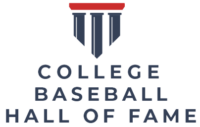
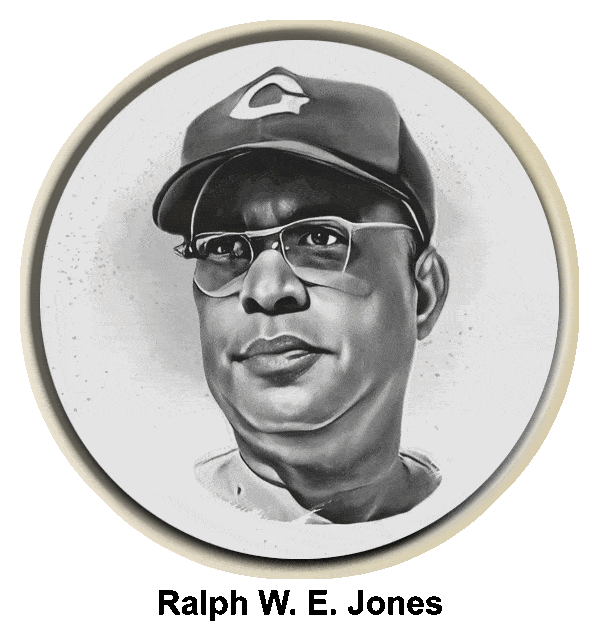












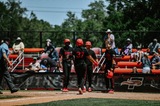








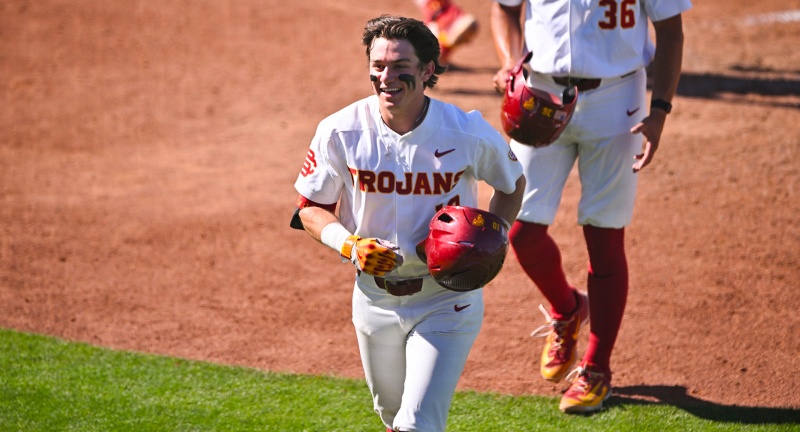

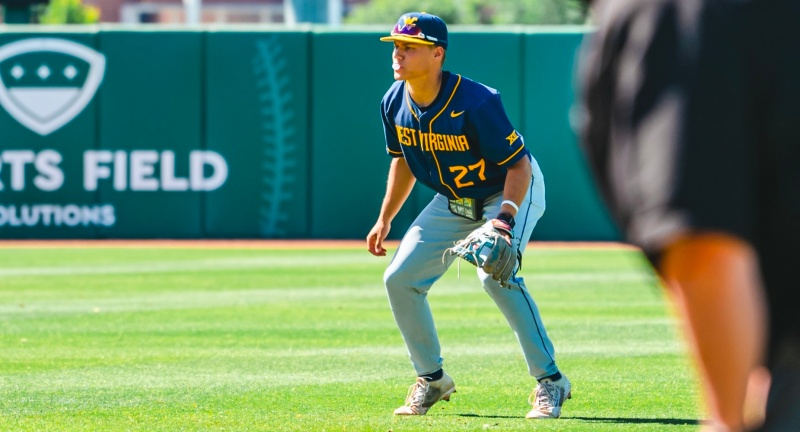







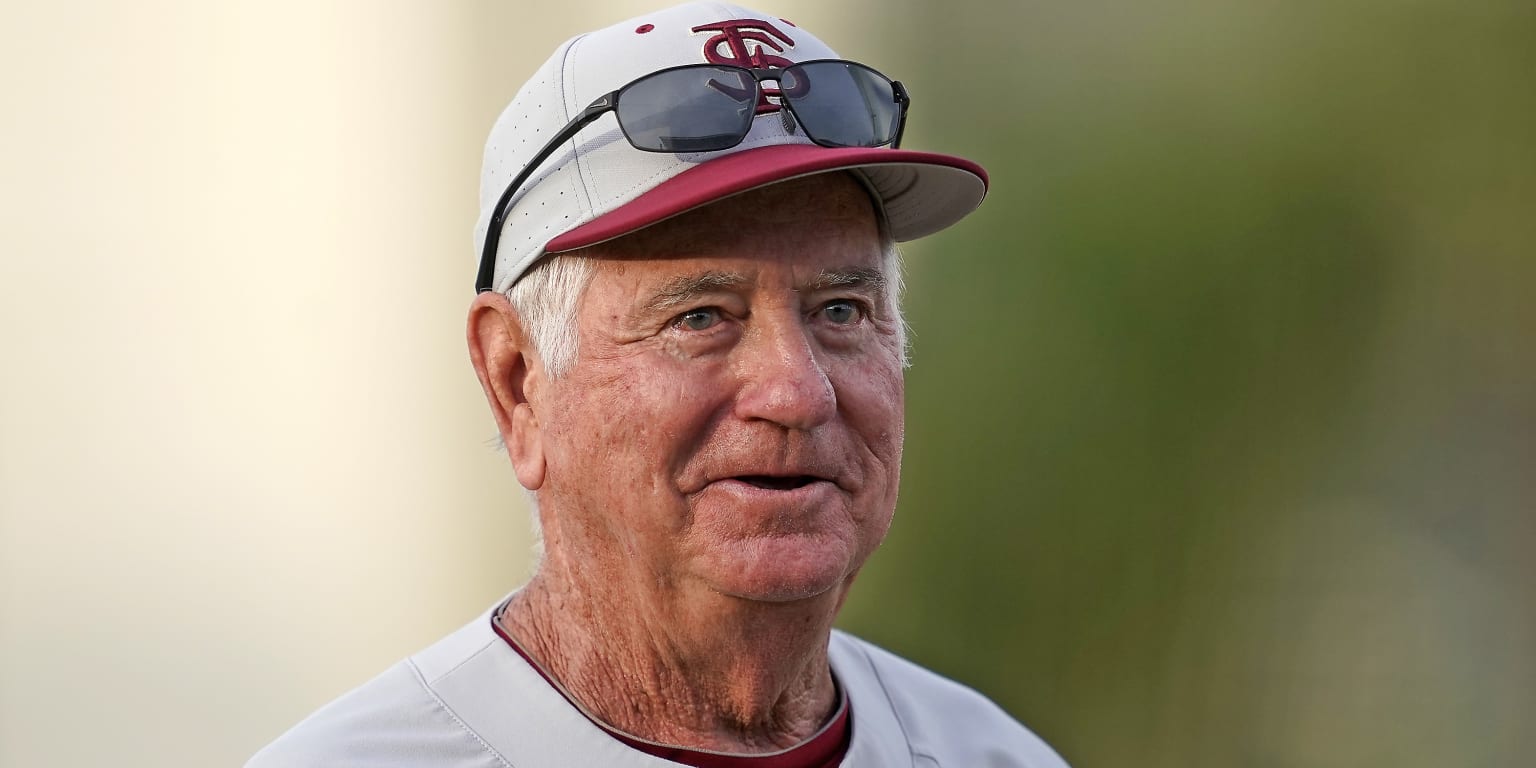
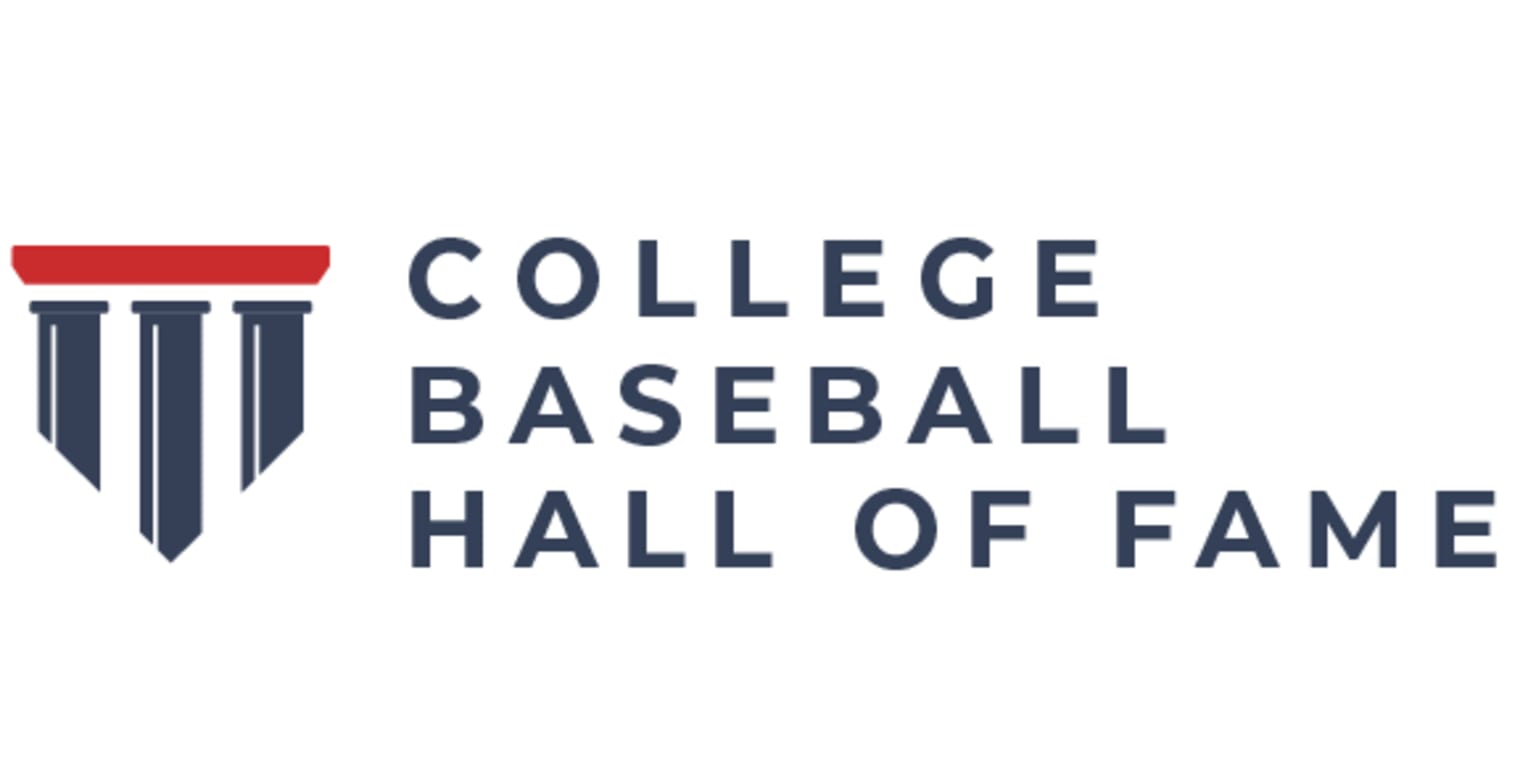
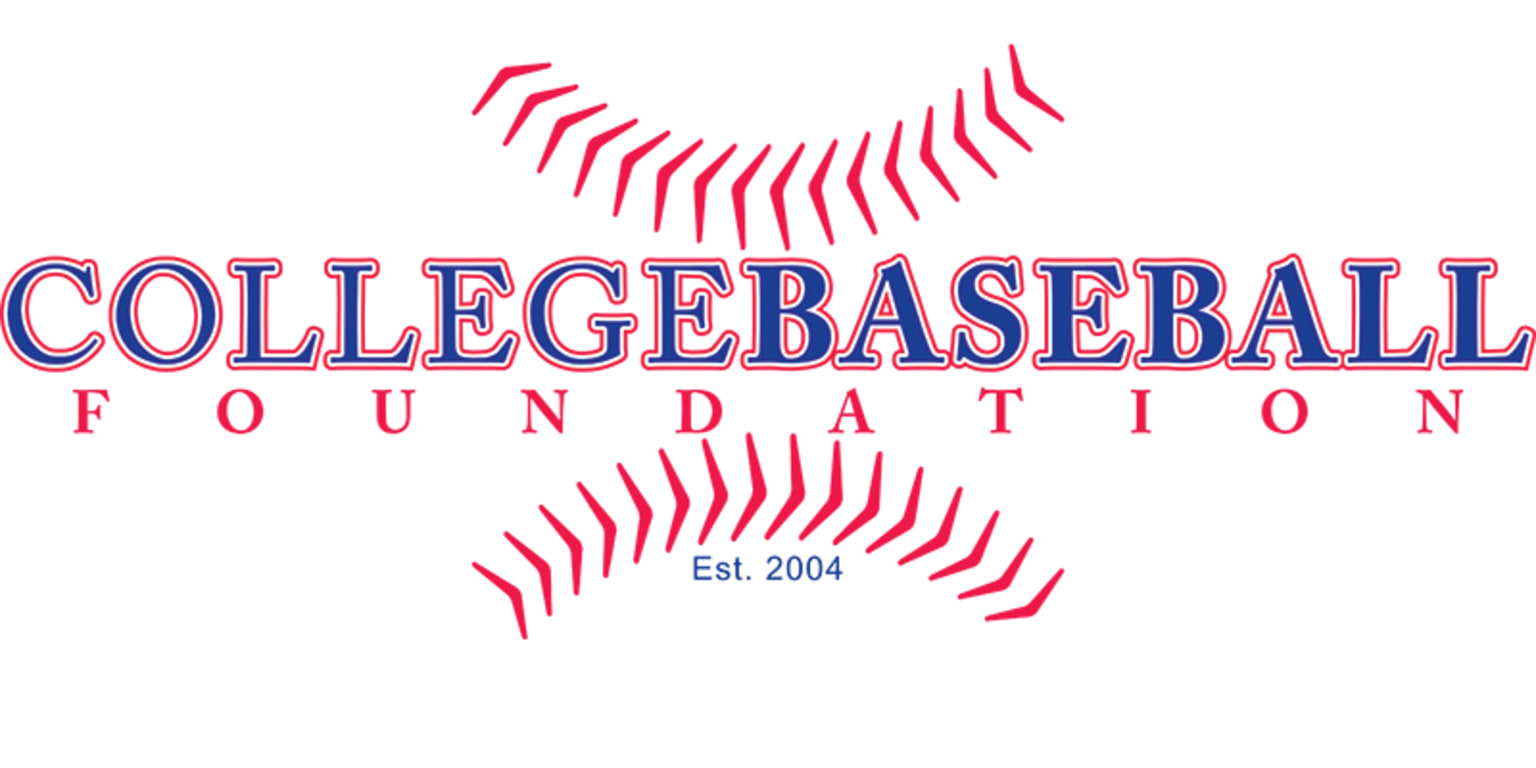








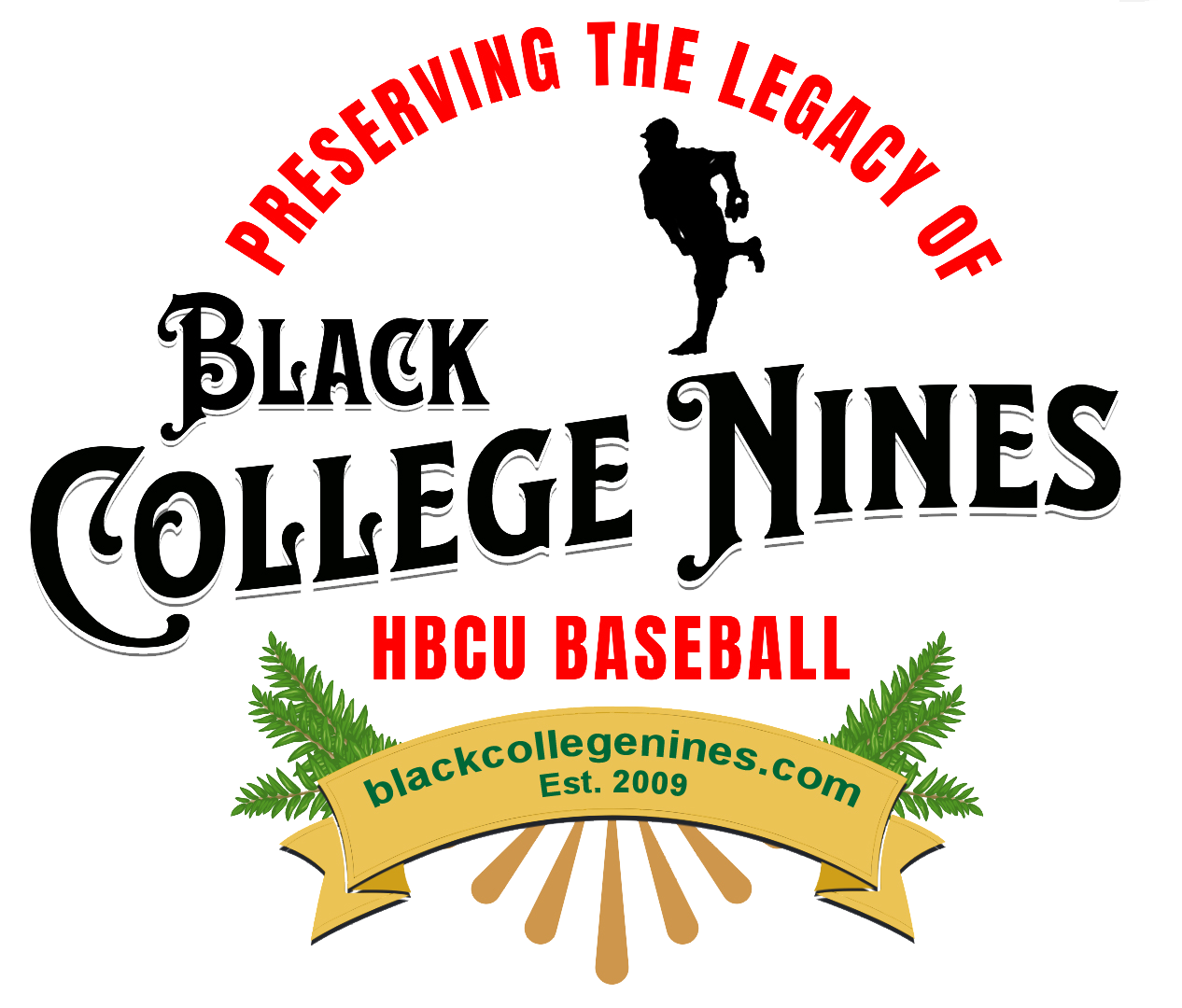
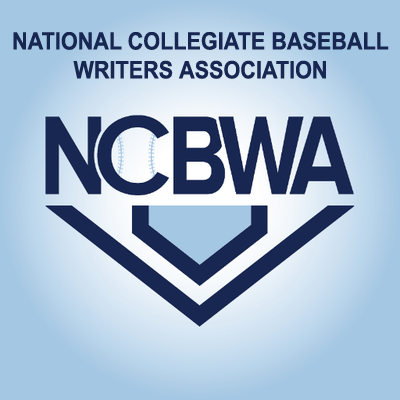
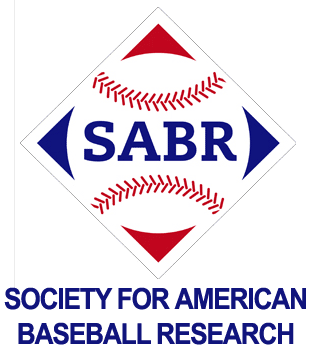
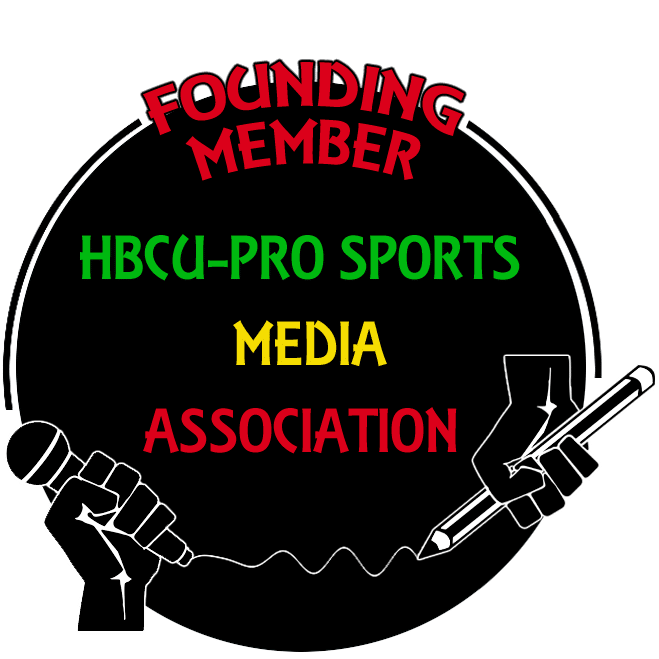

We always knew you as an exceptional and great guy. You and your family are family to us. You have a great inspirational life. Will see you soon on the golf course. God bless and keep you.
Harry C. Kelly
Hi Fred, enjoyed reading about your early days. I have been looking for you. Moved right outside of Memphis. Would like to hear from you.
Thanks for sharing!! I enjoyed reading about a very dear friend of my late husband, Fred you are true friend!! God Bless you and your Family. You know the Morgan Family love all of you. I can not forgot how you and Helena visited Al. when he was sick. I am going to share this with some of my friends. this what our young men need to hear and know that if they have the will there is Away!!!
THx for the great story.
A true legend of the game.